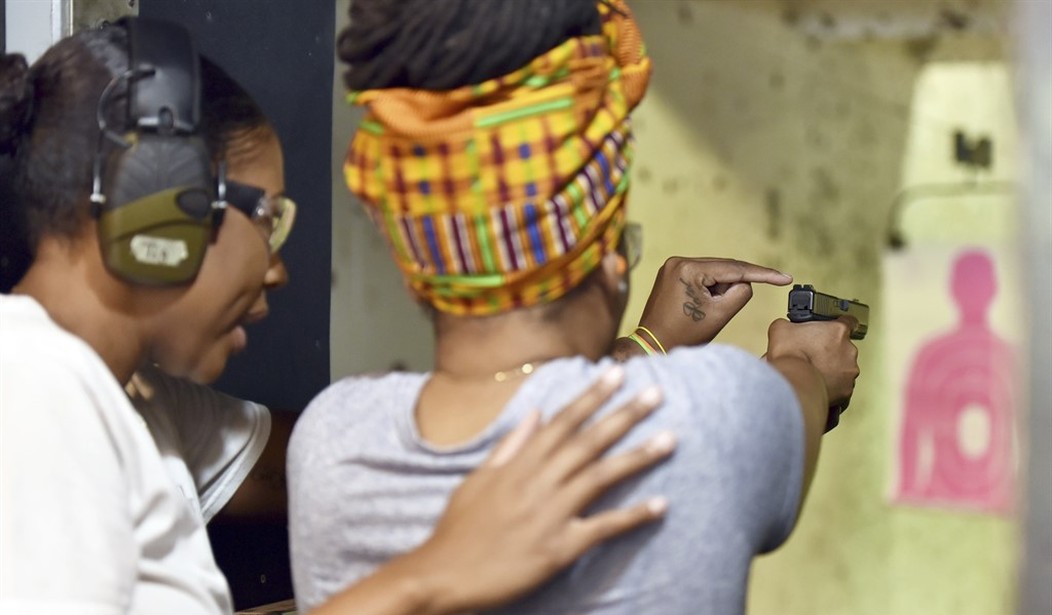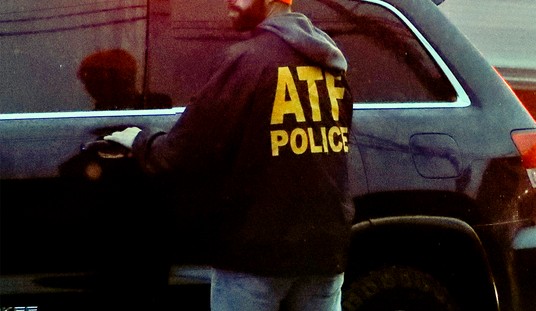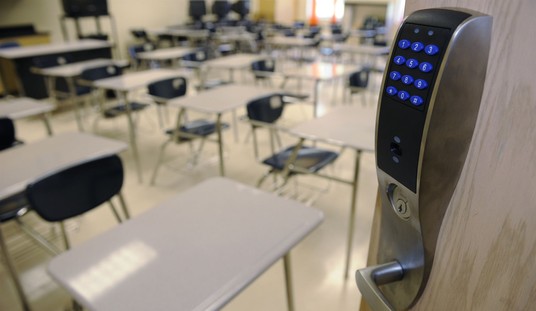Under Maryland’s “may issue” concealed carry law applicants had to be able to demonstrate some sort of special circumstance that elevated them above the average citizen before they could be issued a license. After the Bruen decision striking down New York’s similar statutes was handed down, however, Gov. Larry Hogan instructed the state police to drop their “good cause” requirement, and we’re already seeing the impact.
In the weeks since, applications to the state police have soared 700% , and firearms instructors say they’re seeing a similar surge in interest for the training classes that are mandatory for anyone wanting to exercise their right to bear arms in public.
Since Hogan’s directive in July, Brandon Farley, owner of Master Class Firearms Training LLC in Mount Airy, said he has seen a 500% uptick in requests for his wear and carry permit classes.
Farley, who lives in Carroll County and works as a police officer elsewhere in Maryland, has offered handgun qualification courses for about two years. He is a Maryland State Police qualified handgun instructor and a Maryland Police Training Commission firearms instructor.
“There is a lot of excitement surrounding this. I used to have four to six people every three months before the law changed. Now I’m getting messages, emails and Facebook [messages] all the time,” Farley said. “The demand is so high for fear [the law] could be reversed by a new governor.”
That’s not an unreasonable fear, to be honest. Despite the clear language of the Bruen decision, a number of blue states have imposed new restrictions on the right to carry that seek to use “good moral character” or “suitability” requirements to deny applicants who’ve passed a background check and met the state’s training mandate. That hasn’t happened in Maryland… at least not yet, though if Democrats take back control of the governor’s mansion in November a new gun control onslaught is likely to come early next year.
Beyond the fear, though, there’s also the simple fact that for the first time in decades the more citizens in Maryland now have the opportunity to exercise their right to bear arms in self-defense and plenty of residents are taking advantage… though the state’s training mandate still means that folks are going to have to fork out hundreds of dollars in fees in order to meet the training mandate.
Farley’s wear and carry permit class costs $300 and covers all of the Maryland requirements for obtaining a permit, including the basics of handgun laws, gun anatomy, cleaning, safe storage and handling, marksmanship and the use of deadly force.
The 16-hour training class is divided into two, eight-hour days. The first day is classroom instruction, and the second day is for live gun-firing instruction.
To pass the course a student must achieve at least a 70% score in a 25-round live-fire qualification exercise. After passing, the individual must pay between $50 and $75 to be fingerprinted by the state and then pay an additional $75 for the Maryland State Police-issued permit.
That cost doesn’t include the four-hour training required to obtain a Handgun Qualification License, which is a prerequisite to possessing a handgun in the home in Maryland. By the time you add up all the government-imposed fees and the cost of training most folks are still going to have to pony up $500 or more just to obtain a license allowing them to exercise a fundamental right.
The fact that so many people are actively seeking out their concealed carry license despite the steep price tag is a clear sign that these “may issue” laws have been more popular with anti-gun politicians than many of their constituents, but Maryland still has a long way to go before the Second Amendment is treated like the fundamental right that it is. Not only does the state still have a ban on so-called assault weapons and “high capacity” magazines in place (lawsuits challenging those bans have recently been sent back down to lower courts by SCOTUS), but the high price of obtaining a carry license is also ripe for legal review, given that most folks living paycheck-to-paycheck are going to be hard-pressed to come up with $500 to cover the cost of training and application fees.
Still, the Bruen decision is already having a positive impact in formerly “may issue” states like Maryland, and hopefully there are more improvements on the way; though progress is probably going to have to come from litigation and not legislation in the deep blue Democratic bastion.









Join the conversation as a VIP Member